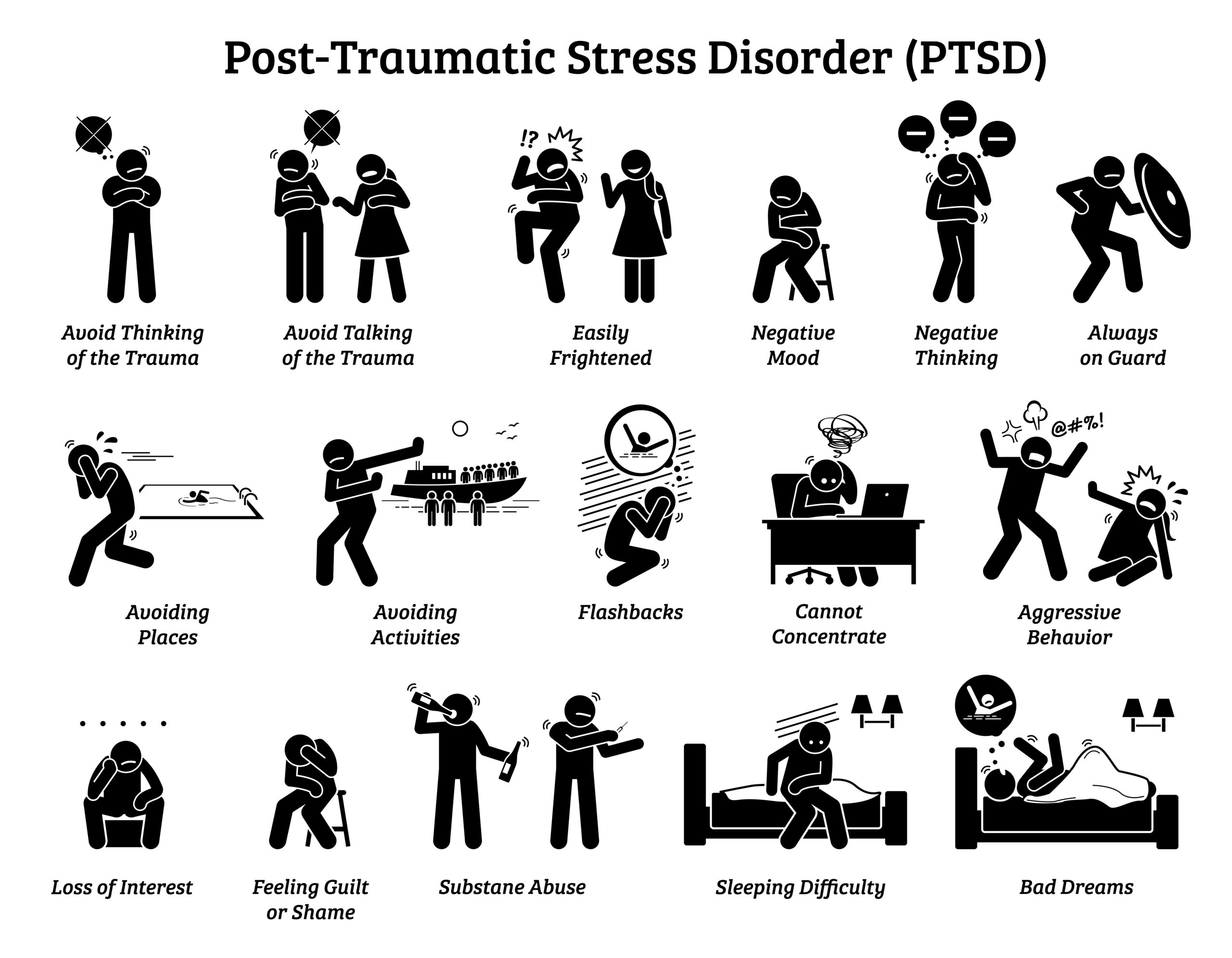Have you had emotionally or physically devastating experiences that have left you feeling overwhelmed, helpless, confused, anxious, frightened or struggling to function?
We can help you reclaim your life and transform trauma into growth!

It is often said that trauma survivors have symptoms not memories. For many people their memories may be fragmented or simply non-existent. And they are left with symptoms that can feel overwhelming, destroy quality of life and make day to day living extremely difficult.
Maybe you just feel “numb” and you’re floating through life. Maybe you’re so sad that most days you find it difficult to get out of bed. Maybe you’re mad as hell and you’re engaging in impulsive behaviors like drinking too much or having sex with strangers. Maybe you feel like you’re treated like a doormat by the people in your life or conversely, maybe you’ve built walls so high that nobody will ever get in. Maybe you have chronic aches and pains in your body and you just don’t know why. Or maybe you’ve lost your self-esteem and it all boils down to never feeling good enough. It is possible that you are suffering from the effects of emotional and psychological trauma and the symptoms and feelings that you are experiencing are reactions to the trauma. Traumatic experiences can shatter your sense of self, cause you to lose your sense of safety and your ability to trust others.

We have helped people heal and recover from the impact of many kinds of acute and complex traumatic circumstances including but not limited to:
- Traumatic Relationships
- Toxic Parenting, Childhood Abuse and Attachment Wounding
- Sexual Assault and Domestic Violence
- Spiritual Abuse
- Single Event Traumas-Car Accidents, Dog Bites, Injuries, Natural Disasters, Crime Victimization, Birth Trauma, Unexpected Death, Medical Procedures, War and other events
What makes an event “traumatic?”
A person’s subjective experience determines whether an event or life circumstance is traumatic. Emotional and psychological trauma can be caused by a number of life events and circumstances. People who have experienced trauma experience a wide range of reactions. There is no “right” or “wrong” way to think, feel, or respond. The more frightened and helpless you feel, the more likely you are to be traumatized.
An event can lead to trauma if:
- It happened unexpectedly
- You were unprepared for it
- You felt powerless to prevent it
- It happened repeatedly
- Someone was intentionally cruel
- It happened in childhood
Trauma experienced in childhood, or attachment wounding, is often about what did not happen, such as lack of parental presence, nurturing and attunement. These developmental wounds can have severe and long-lasting effects on physical, emotional and mental health. When childhood trauma is not resolved, multiple impacts can carry over into adulthood and, set the stage for further generational trauma. The good news is that there is help available!
See Dr. Nadine Burke Harris's TED Talk about how childhood trauma affects health across a lifetime
See Dr. Hannah Stratford talk about the causes and treatment of PTSD
If you have had bad things happen in childhood, or as an adult, and you are struggling, we can help you transform trauma into growth. Don’t hesitate, contact us to schedule a consultation today.
